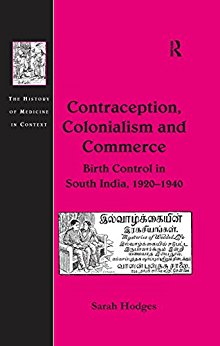There has been a huge academic industry on Kerala’s demographic transition.Birth rates in Kerala began to decline in the second half of the 20th century despite little urbanization, industrialization, and economic growth—key factors that had led to demographic transition in the West in the 19th century. This was of course interesting and worthy of study in itself. But the population control establishment was utterly enthralled, absolutely riveted: could this be repeated? How do we find the magic bullet? They identified women’s education as central to the Kerala phenomenon, along with declines in infant and child mortality. Amartya Sen was of course one of the most famous proponents of this view. Now, this understanding is under severe strain, as more and more evidence accumulates that many of these studies were so beholden to sponsors—in particular the UN, to ways of looking at an issue, in short of framing questions that want simple solutions to complex problems—that they provided them. Women’s education, then, emerged instrumentally, on the population control agenda.

No Title
Mohan Rao
CONTRACEPTION, COLONIALISM AND COMMERCE: BIRTH CONTROL IN SOUTH INDIA, 1920-1940 by Sarah Hodges Ashgate, London, 2012, 151 pp., price not stated
July 2012, volume 36, No 7
